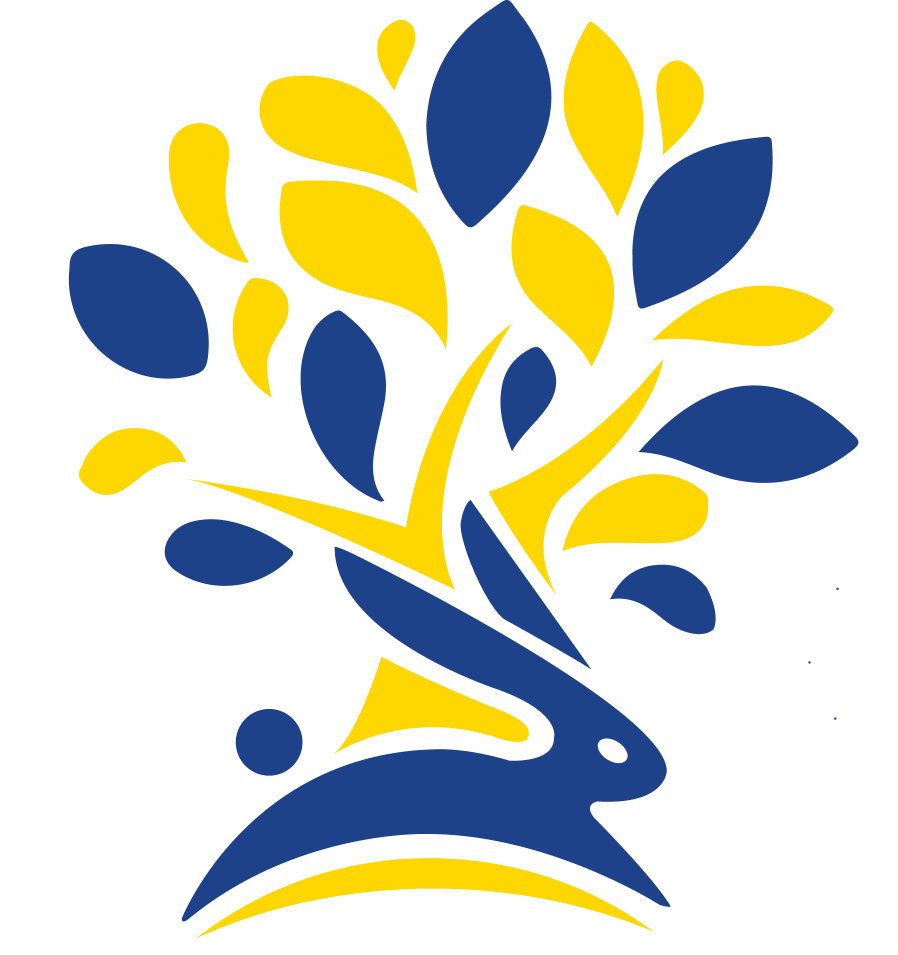Online Safety
At Cuddington Croft Primary School we regularly talk to the children about online safety and how to stay safe online. E-safety is extremely important and forms part of our Computing lessons and is integatrated throughout our day to day practice. It is important that the children understand the importance of how to keep themselves safe online both at school and home. Our expectations of children when in lessons at school are influenced by our Cuddington 6 C’s, which underpin our ethos to always be Caring, Calm, Courageous, Cooperative, Creative and Committed. Please see attached our school SMART poster which is child friendly guidance on how to stay safe online and our online code of conduct which was implemented during our Remote Learning during Covid-19.
Safety Cards for Social Media Apps
The iNEQE Safeguarding Group have produced one page 'safety cards' which can be found here. Each card relates to a specific popular App such as Snapchat, Roblox and Twitch. They outline straightforward information about privacy, blocking and reporting which you may find useful.
Safeguarding online
Cuddington Croft School recognises its responsibility for safeguarding and promoting the welfare of children.
If you have any concerns about children who attend Cuddington Croft please email DSL@cuddingtoncroft.org.
For information on our Safeguarding Policies and Procedures - please visit our safeguarding page.
DFE guidance for online safety and mental health:
Gaming Information for parents
As the holidays approach, and many children will be spending more time online and many will be having fun gaming and chatting to their friends online. Most children use gaming for socialisation over and above the actual game. It's one one of the reasons Fortnite, COD, PUBG and other games are so popular.
CEOP have released a YouTube video contaiing helpful tips and advise for parents. The YouTube video is here.
Where can I go to get support to help keep my child safe online?
There is support available to keep your child safe online. Below are some useful links to help parents and carers:
- Thinkuknow (advice from the National Crime Agency to stay safe online)
- Internet matters (support for parents and carers to keep their children safe online)
- Parent info (support for parents and carers to keep their children safe online)
- LGfL (support for parents and carers to keep their children safe online)
- Net-aware (support for parents and carers from the NSPCC)
- Let’s Talk About It (support for parents and carers to keep children safe from online radicalisation)
- UK Safer Internet Centre (tips, advice, guides)
What support is available to parents to help them maintain their family’s wellbeing while their children are at home?
Social connections, alongside exercise, sleep, diet and routine, are important protective factors for mental health. Materials to promote and support mental wellbeing are included in the list of online resources we have published to help children to learn at home. Public Health England’s Rise Above platform supports young people. The Department of Health and Social Care is providing £5 million of additional funding to support mental health charities to increase their provision for adults and children at this time.
Social isolation, reduced exercise, and bereavement, may affect children’s wellbeing in this period.
Resources to promote and support children and young people’s mental wellbeing include:
- MindEd educational resources for adults about children and young people’s mental health, which is relevant for parents and carers as well as volunteers, teachers, and other professionals working with children
- The Every Mind Matters platform which supports looking after your own and other’s mental health
- Guidance on looking after wellbeing and mental health during the coronavirus (COVID-19) outbreak from Public Health England.
- Guidance on supporting children’s wellbeing and mental health
- Health, wellbeing and emotional wellbeing support for children in Surrey
- Children and Family Health Surrey Advice Line
- Download health apps you can trust



